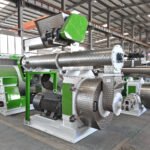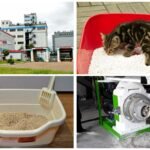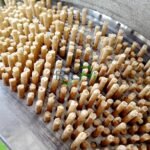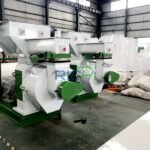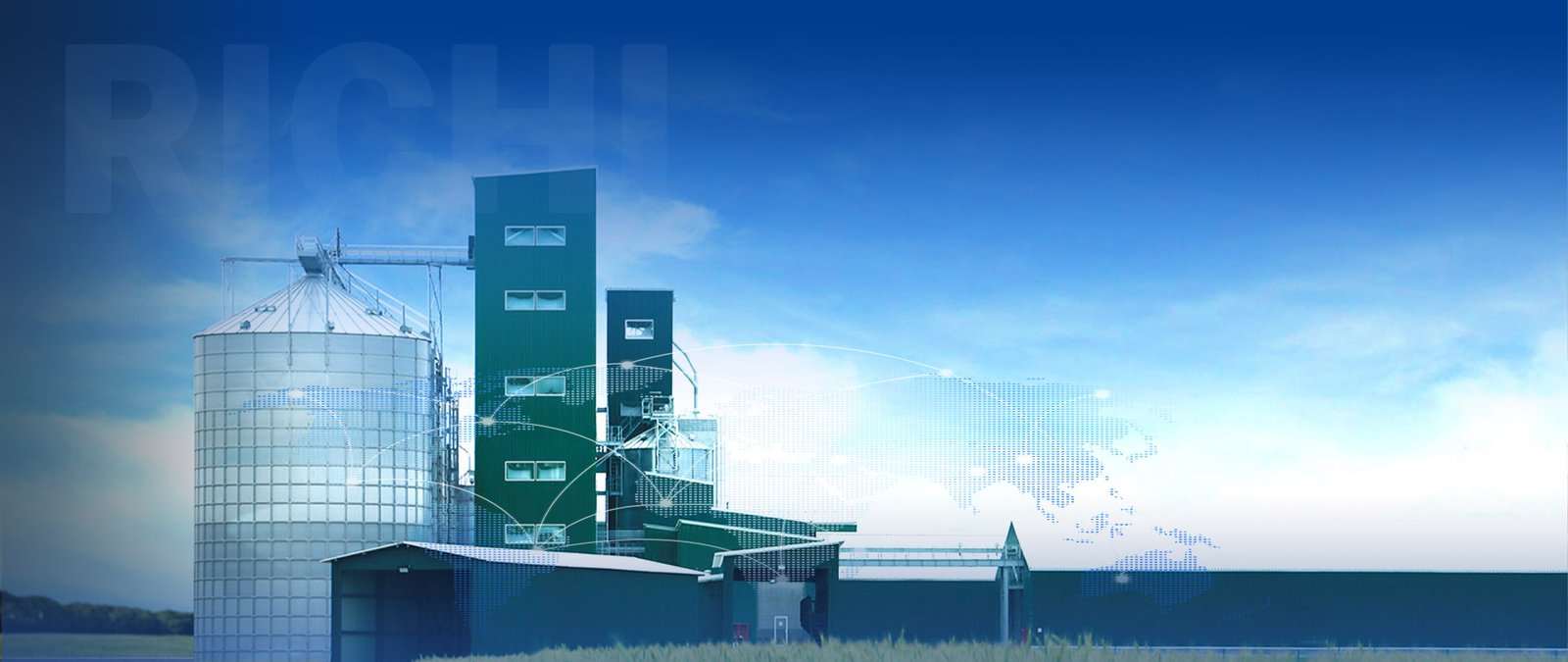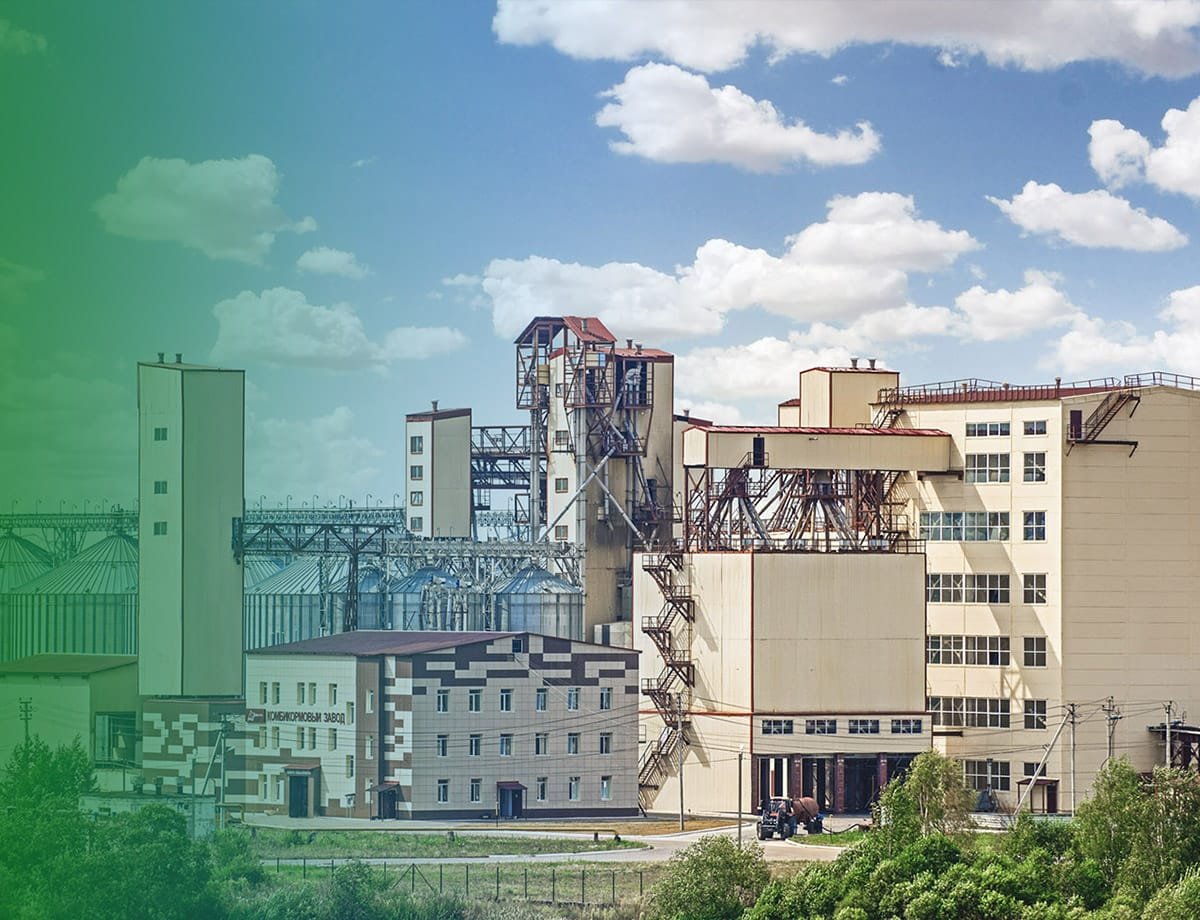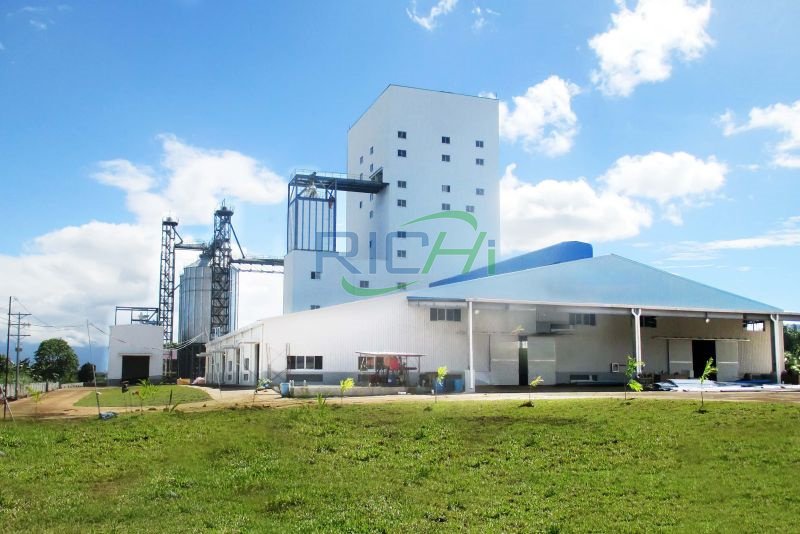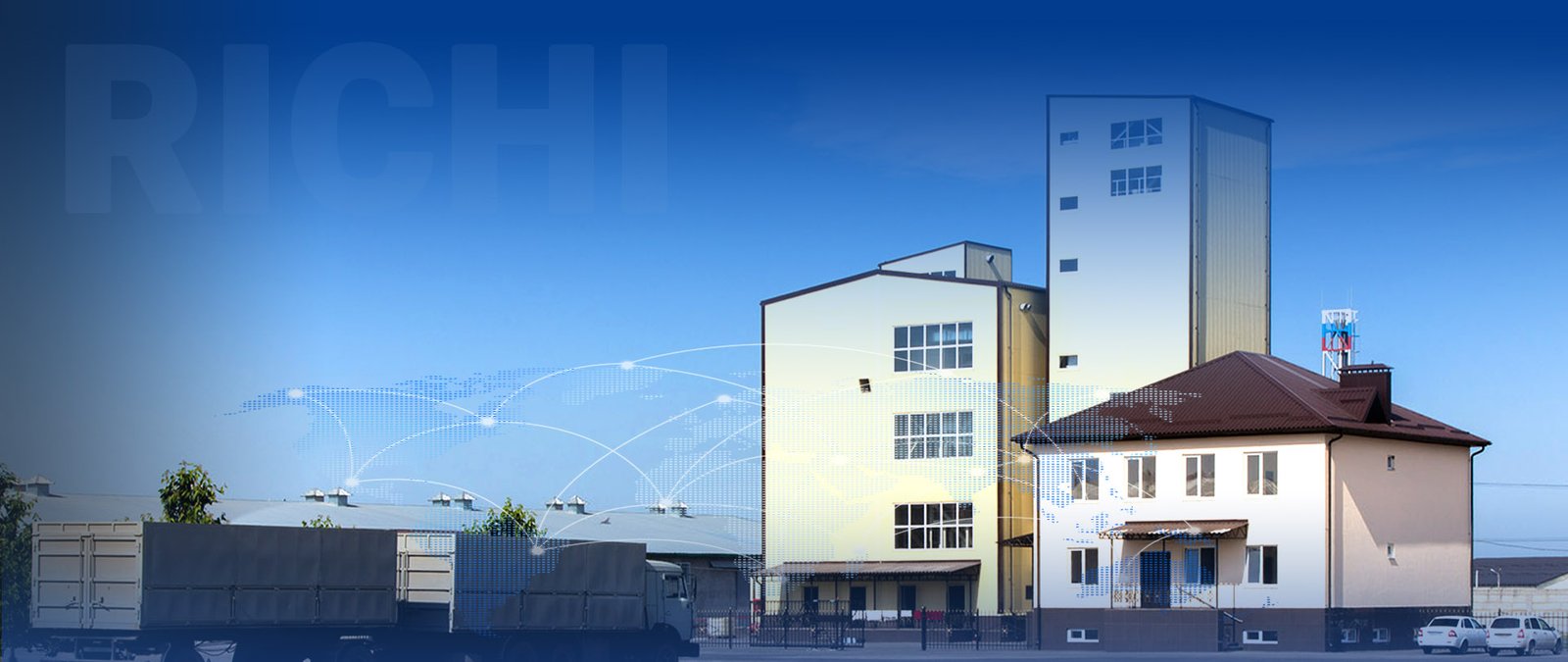The animal feed processing industry plays a vital role in providing livestock and poultry with the nutrition they need for optimal growth and productivity. However, the production processes involved can have significant environmental consequences, including air and water pollution, high energy consumption, and waste generation. As the demand for sustainable practices rises, it becomes essential for feed manufacturers to adopt strategies that minimize the environmental impact of their operations, particularly with machines like the 18 t/h animal feed processing machine. This article explores various approaches to reducing the environmental effects of feed production.
1. Efficient Resource Management
Effective resource management is crucial for minimizing the environmental footprint of an 18 t/h animal feed processing machine.
- Maximizing Raw Material Use: Enhancing raw material utilization reduces waste and lowers environmental impact. Implementing a tracking system for raw material usage can help identify improvement areas. Utilizing by-products from other industries, such as brewers’ grains or oilseed meals, can further enhance resource efficiency.
- Water Conservation: Water is a vital resource in feed production, especially during conditioning and cooling. Implementing water recycling systems can significantly lower water consumption. Additionally, closed-loop systems can minimize water waste while maintaining water quality.
2. Energy Efficiency
Energy consumption is a major contributor to the environmental impact of feed processing. Improving energy efficiency can help reduce greenhouse gas emissions and lower operational costs.
- Investing in Energy-Efficient Equipment: Using energy-efficient motors and components can lead to significant energy savings. For example, incorporating variable frequency drives (VFDs) allows better control over motor speed and energy consumption based on production requirements.
- Heat Recovery Systems: Implementing heat recovery systems can capture excess heat generated during the pelleting process and reuse it for conditioning or other purposes. This not only improves energy efficiency but also reduces overall production costs.
- Renewable Energy Sources: Where feasible, integrating renewable energy sources, such as solar panels or wind turbines, can help power the feed processing facility and decrease reliance on fossil fuels.
3. Air Quality Management
Air quality is a crucial concern in animal feed production, as dust and emissions can adversely affect both the environment and worker health.
- Dust Control Systems: Installing effective dust control systems, such as baghouses or cyclones, can capture airborne particles generated during grinding and mixing processes. This helps maintain air quality and minimizes particulate matter release into the environment.
- Ventilation Systems: Proper ventilation is essential for managing air quality within the facility. Ensuring adequate airflow can reduce airborne contaminants’ concentration and improve working conditions for employees.
- Emission Monitoring: Implementing continuous emission monitoring systems can help track and manage emissions from the feed processing facility. This data can be used to identify trends and implement necessary corrective actions.
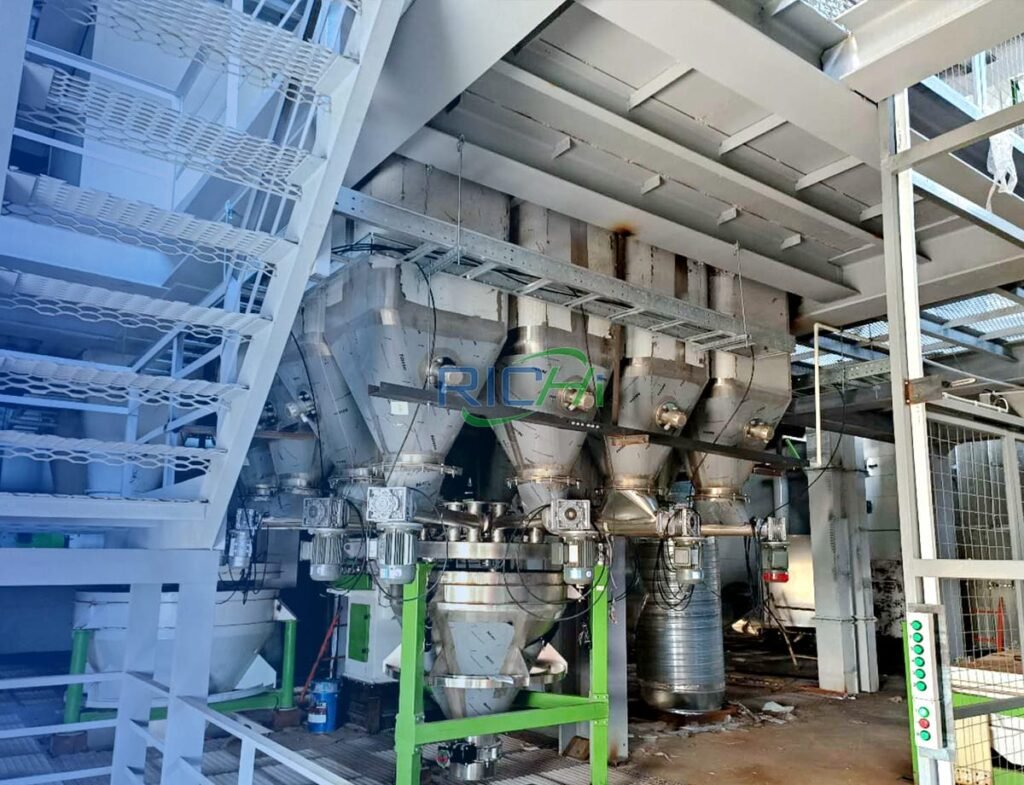
4. Waste Management
Effective waste management practices are vital for minimizing the environmental impact of feed production.
- Utilizing By-Products: Identifying opportunities to use by-products generated during feed production can reduce waste. For instance, fines produced during pelleting can be recycled back into the production process or used as animal bedding.
- Establishing Recycling Programs: Implementing recycling programs for packaging materials, such as plastic bags and pallets, can help reduce waste sent to landfills. Collaborating with local recycling facilities can enhance these efforts.
- Composting: Introducing composting programs for organic waste, such as expired feed or rejected pellets, can divert waste from landfills and create valuable soil amendments for local agriculture.
5. Compliance with Regulations
Adhering to environmental regulations and standards is crucial for controlling the environmental impact of an 18 t/h animal feed processing machine.
- Environmental Impact Assessments (EIAs): Conducting thorough EIAs before starting new projects or expansions can help identify potential environmental impacts and develop strategies to mitigate them. Engaging with local regulatory agencies ensures compliance with environmental laws.
- Sustainability Certifications: Pursuing sustainability certifications, such as ISO 14001 (Environmental Management Systems), can demonstrate a commitment to environmental stewardship and continuous improvement in environmental performance.
6. Employee Training and Engagement
Engaging employees in sustainability initiatives is essential for effectively controlling the environmental impact of feed production.
- Training Programs: Providing training on environmental best practices and the significance of sustainability empowers employees to help reduce the facility’s environmental footprint. Topics may include waste reduction, energy conservation, and proper material handling.
- Encouraging Innovation: Fostering a culture of innovation and encouraging employees to suggest improvements can lead to new ideas for enhancing sustainability in operations. Recognizing and rewarding employees for their contributions can further motivate engagement.
Conclusion
Controlling the environmental impact of an 18 t/h animal feed mill machine is vital for promoting sustainability within the animal feed industry. By implementing efficient resource management practices, enhancing energy efficiency, managing air quality, establishing effective waste management systems, ensuring compliance with regulations, and engaging employees in sustainability initiatives, feed manufacturers can significantly reduce their environmental footprint.
As the demand for sustainable practices continues to rise, adopting these strategies will not only benefit the environment but also enhance the reputation and competitiveness of feed producers in the market. By prioritizing environmental responsibility, the animal feed industry can contribute to a more sustainable future while meeting the nutritional needs of livestock and poultry.
For details please contact: feed pellet machine
WhatsApp:86 138 3838 9622
Email:enquiry@richipelletmachine.com



